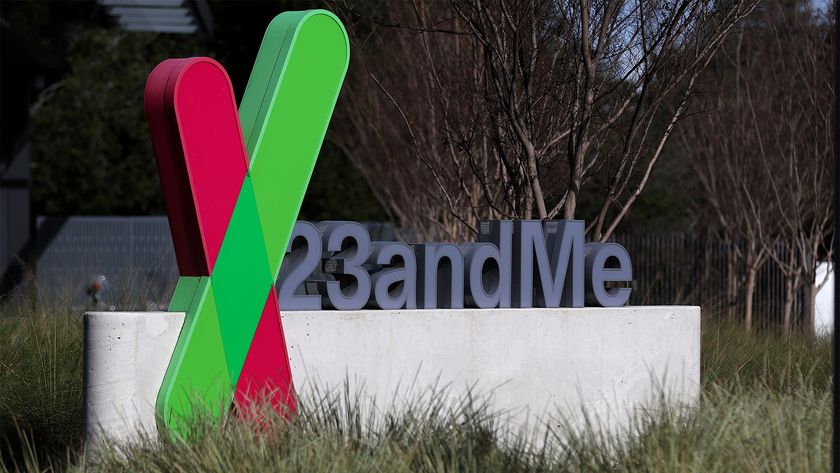Google's privacy and copyright challenge
Google faces battles on both privacy and copyright fronts, as it continues to move into different areas on the web.
If the privacy rows weren't enough, Google has been repeatedly engaged in content battles with musicians over YouTube, newspapers over Google News, and even now publishers over Google Books.
The on-going battle between PRS for Music and YouTube is over music videos being shown on the Google-owned video site. PRS wants YouTube to chuck it some cash every time a copyrighted video is shown, but that's no easy thing given YouTube has never raised revenue for its owner. At the moment, scores of videos have been pulled from the UK version of YouTube, meaning artists are not getting paid and we're not enjoying their music.
Similar trouble has occurred with Google Books. The company has been digitising books for years and recently decided to start on "orphan" books, that is those where the copyright holder is unreachable. Many publishers aren't particularly happy about it, however.
The biggest battle now brewing is between newspapers and Google News, an aggregation system. Google News gathers links to news articles onto one main page, choosing them via an algorithm and updating them constantly. Some newspapers are suggesting this is theft of content. The Guardian requested the government look into Google News, asking it to look into "the negative effects of aggregators and search engines on the ability of and incentives for UK content providers to invest in quality content." In other words, if Google benefits from giving it away for free, where does that leave newspapers?
Alexander Macgillivray, Associate General Counsel for Products and Intellectual Property, defended Google News in a post on the Google Public Policy blog. "Users like me are sent from different Google sites to newspaper websites at a rate of more than a billion clicks per month. These clicks go to news publishers large and small, domestic and international - day and night."
That battle seems set to continue to trouble Google, especially as the web and poor economy take their toll on British newspapers. Indeed, though copyright on the web is hardly an issue faced just by Google, it will continue to trouble the firm for a while yet.
Reach
Get the ITPro. daily newsletter
Sign up today and you will receive a free copy of our Focus Report 2025 - the leading guidance on AI, cybersecurity and other IT challenges as per 700+ senior executives
Google is hardly the first company to raise privacy or copyright challenges, but is one of the more successful. Its size makes it a more noticeable target, and because of its reach, Google simply affects more people.
Google's Street View has attracted the attention of privacy campaigners, but the site Seety.co.uk hasn't despite it offering the same service well before Google. In fact, Seety offers better or worse, depending on your point of view coverage of many parts of London. But its launch was barely noticed by the press, while Street View garnered national coverage.
But that said, Google Maps isn't even the most popular mapping service. According to Hitwise stats, MapQuest was still leading with 39 per cent market share, compared to Google Map's 35 per cent. Sure, that's not a huge difference, and Google will likely overtake MapQuest given its growth rate, but when was the last time you heard MapQuest in the news?
The same is true of Gmail, which runs third to Yahoo and Microsoft's Live (formerly Hotmail). And even Google Docs, for all the coverage it gets especially from new business clients garners just one per cent of people using office software, fewer than even Open Office with five per cent. Its browser Chrome has just one per cent of the browser market, which is good showing for a new product, but nothing on Firefox or Internet Explorer.
But it's not just about user numbers, which are still significant, it's about the coverage. Google seems to have its finger in every information pie that it can. A dedicated Google fan might use the company's products for email, mapping, documents and search, and browse while logged into the site. Add Latitude's tracking, and future plans to do with medical records, and Google could easily know everything about you. While you may or may not mind, it's rather handy for a company which makes its money on advertising...
Click here to read more about the challenges facing Google.
Freelance journalist Nicole Kobie first started writing for ITPro in 2007, with bylines in New Scientist, Wired, PC Pro and many more.
Nicole the author of a book about the history of technology, The Long History of the Future.

















